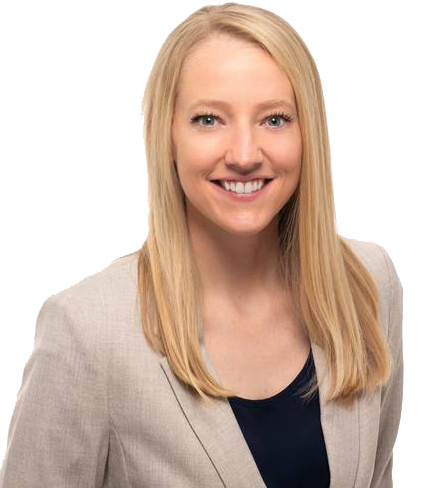
About

About Dr. Sheila Beades
Sheila Beades, N.D. earned her degree in Naturopathic Medicine from National University of Health Sciences in Chicago, IL. In years prior to naturopathic school, Dr. Beades obtained her Bachelor’s degree with honors from Wartburg College in Waverly, IA. She is an active member of the Oncology Association of Naturopathic Physicians (OncANP) and the Colorado Association of Naturopathic Physicians (CoAND). Dr. Beades has also received extensive training and certification in mistletoe therapy.
Dr. Beades has a passion for providing a comprehensive and evidence-based approach for those diagnosed with cancer. She does so by delivering a naturally focused care plan curated towards the totality of the whole person using herbal medicine, nutritional counseling, and homeopathy. With a strong belief in an individualized approach to medicine, Dr. Beades supplies patients with tools to address underlying disturbances that may be contributing to the current state of health. She also provides cohesive and adjunctive support for those receiving conventional care for a cancer diagnosis.
Integrative oncology (sometimes referred to as integrated oncology) is for people who are looking to improve the results of traditional cancer treatment through adjunctive therapies. Patients come to Dr. Beades for integrative or adjunctive therapies to add on during chemotherapy, radiation, or surgery. They also seek tactics to use after conventional therapy for added protection from recurrence of cancer. In addition, some of Dr. Beades’ patients have completed conventional cancer treatment and want to investigate the risk factors that may have caused their cancer in the first place and wish to leverage this information for preventative measures.
Outside the office, Dr. Beades enjoys spending time with her husband and son, hiking the beautiful Colorado terrain, or cooking up a new and healthy recipe!
Area of Focus
Integrative oncology provides a working relationship between all providers in the pursuit of optimal patient outcomes. Goals include improving quality of life, managing side effects, aiding in recovery, preventing recurrence, and providing education for a healthy lifestyle.
Attempting to lower risk for cancer involves tailoring recommendations based on each individual case. This often requires a significant amount of background information and investigative work in order to determine significant risk factors. Evaluation methods include knowledge of pertinent diagnoses, injuries, or traumas, bloodwork values, epigenetic expression and genetic inheritance patterns, endocrine system balance, and lifestyle patterns (including nutrition, gut health, movement, and mental/emotional aspects.) Implementation of specific strategies based on this information can then help to lower risk of cancer development.
Collaboration between a doctor and a patient should involve education and empowerment. This is why the main focus in the practice of naturopathic medicine involves both individuals identifying and removing the underlying cause of the illness or disease, rather than to merely eliminate or suppress symptoms. Health is then attained by utilizing gentle, non-invasive approaches. Whether you are suffering from hormonal imbalance, gastrointestinal distress, cardiovascular disease, chronic fatigue, and/or pain, there are options available to you.
